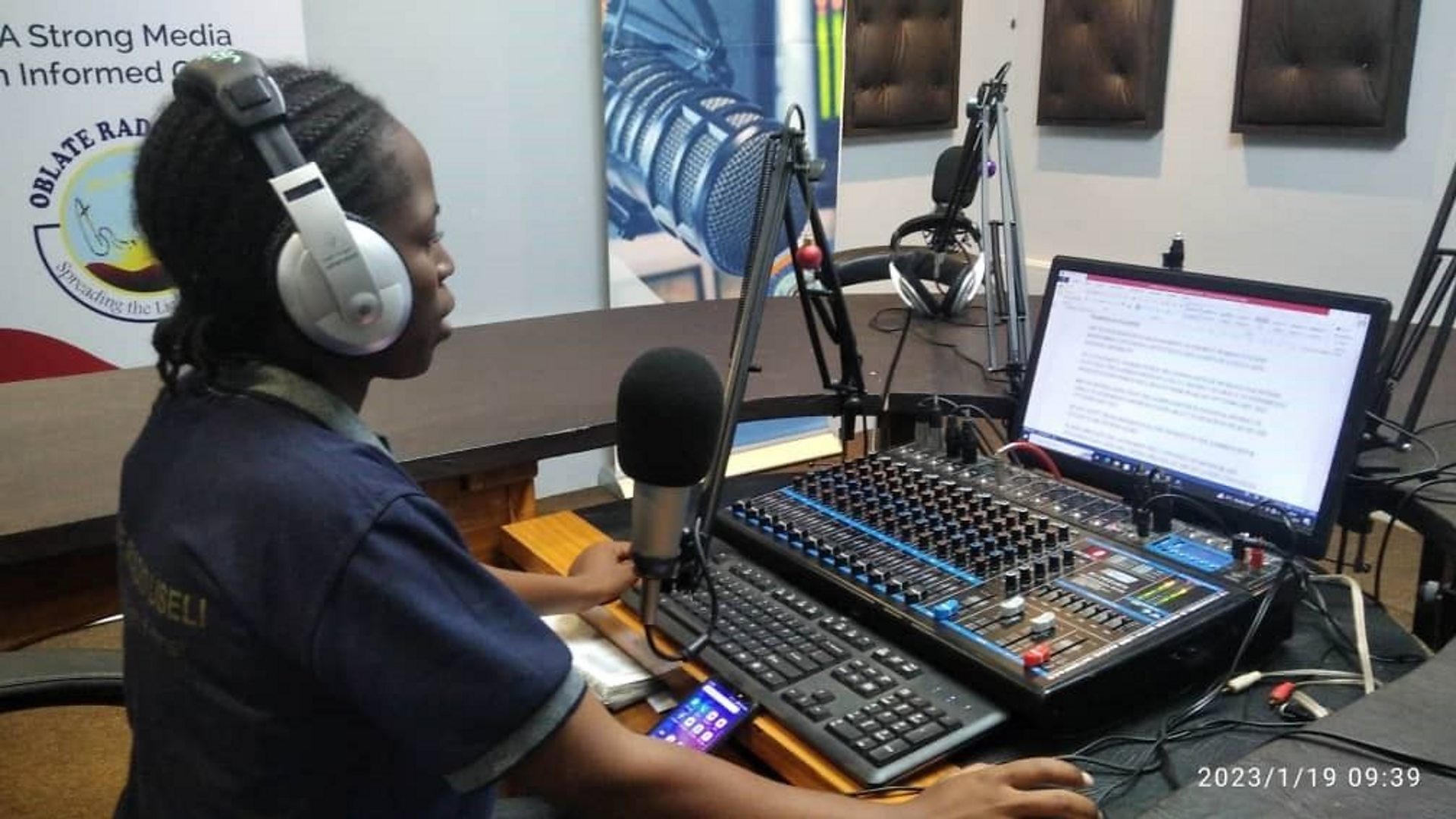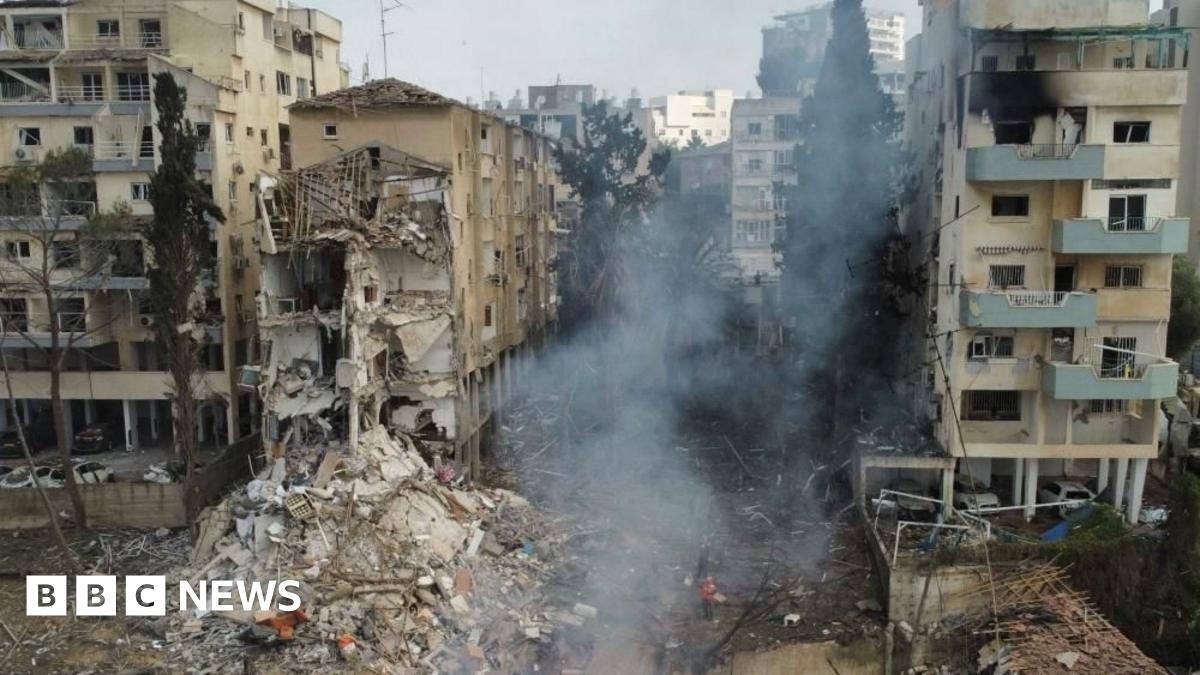Netanyahu's Standing Strengthened Amid Iran Tensions, but Israelis Brace for Protracted Conflict

The recent clashes with Iran have provided a significant boost to Israeli Prime Minister Benjamin Netanyahu's political standing, though this unity is tempered by growing concerns amongst Israelis regarding the potential for a lengthy and complex conflict. While the nation has largely rallied in support following last week's attacks, the enthusiasm isn't universally directed towards Netanyahu himself, highlighting a nuanced public sentiment.
A Surge in National Unity
The initial response to the attacks has been marked by a tangible wave of national unity. Israelis, regardless of their political leanings, have demonstrated a collective resolve and a sense of shared purpose. This 'rally around the flag' effect is a common phenomenon in times of crisis, and it has undoubtedly bolstered Netanyahu's position as the leader navigating the country through this turbulent period. Social media is filled with expressions of solidarity, and public gatherings have shown widespread support for the Israeli Defense Forces (IDF).
Netanyahu's Political Fortunes
For Netanyahu, who has faced considerable domestic challenges in recent years, this moment represents a crucial opportunity. His government has been grappling with judicial reforms that have sparked widespread protests and deep divisions within Israeli society. The current crisis has momentarily overshadowed these internal disputes, allowing Netanyahu to project an image of strength and decisiveness on the international stage. However, analysts suggest that this boost is likely to be temporary if the conflict doesn’t resolve swiftly, and the underlying issues that fueled the previous protests remain unaddressed. The public's focus will inevitably return to domestic policy, and Netanyahu will need to demonstrate competence in both areas to maintain his strengthened position.
Concerns About a Protracted Conflict
Despite the initial unity, a sense of apprehension is growing amongst Israelis regarding the potential duration and complexities of a conflict with Iran. While there's a clear understanding of the need to respond to the attacks, many Israelis are wary of a full-scale war, which could have devastating consequences for the country's economy, infrastructure, and human lives. The cost of a prolonged conflict is a major concern, particularly given the ongoing economic challenges facing Israel.
Furthermore, there are anxieties about the potential for escalation and the involvement of other regional actors. The prospect of a wider war, drawing in countries like Hezbollah in Lebanon or the United States, is causing considerable unease. The complexities of dealing with Iran, a nation with a vast network of proxies and a history of defiance, are also weighing on the public's mind.
Beyond Netanyahu: Public Sentiment
Crucially, while Israelis have united in their condemnation of the attacks, their support for Netanyahu himself is less unequivocal. Many Israelis acknowledge his leadership in the crisis but remain critical of his policies and his handling of domestic affairs. The protests against the judicial reforms haven't entirely subsided, and a significant portion of the population continues to view Netanyahu with skepticism. This suggests that the current surge in national unity is primarily directed towards the nation's defense, rather than a blanket endorsement of Netanyahu's leadership.
Looking Ahead
The coming weeks and months will be critical in shaping the long-term impact of this crisis on Israeli politics and society. Netanyahu's ability to navigate the conflict effectively, while also addressing the underlying domestic tensions, will determine whether he can capitalize on this moment to solidify his position or whether the challenges will ultimately prove too great. For Israelis, the focus remains firmly on ensuring the country's security while bracing for the possibility of a protracted and complex struggle.





